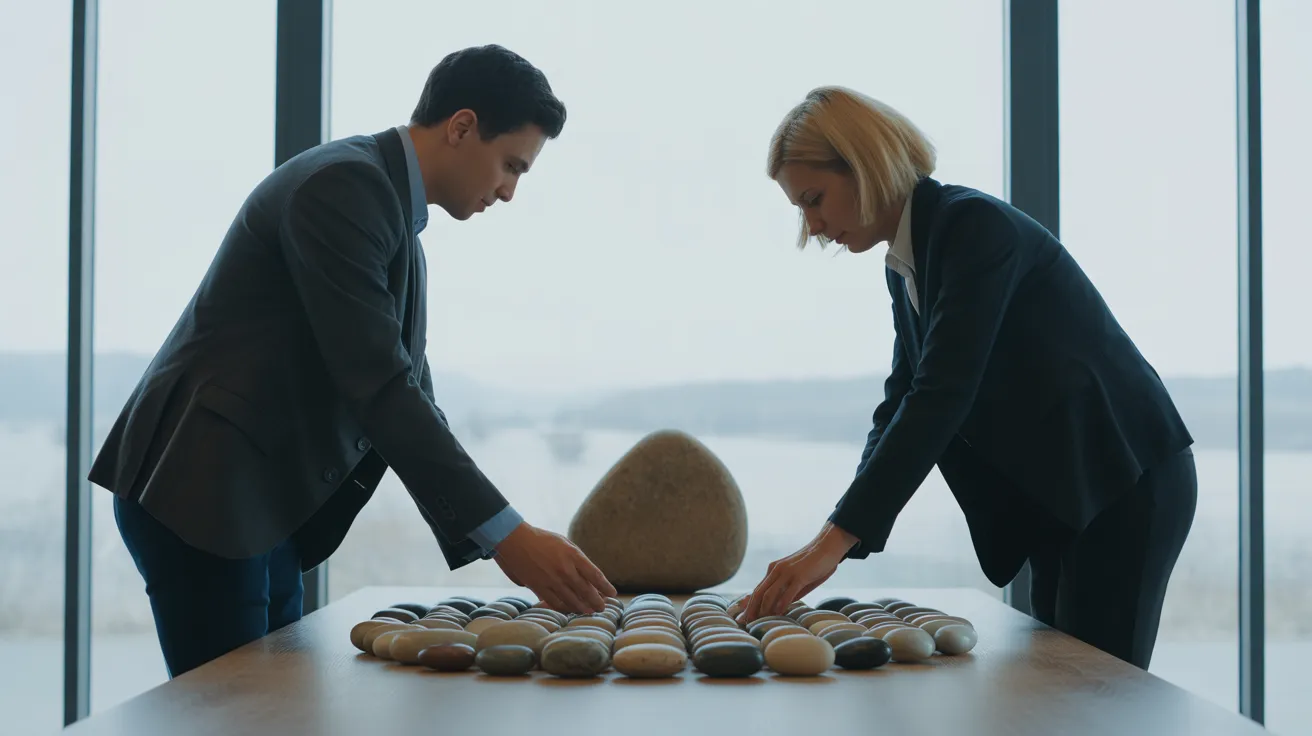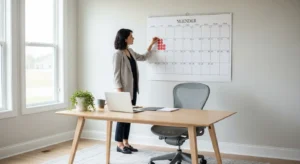
Finding Your Frog: The Prerequisite for Success
The biggest mistake people make with the eat the frog technique is misidentifying their frog. A frog isn’t just any task that is “hard.” Answering a hundred emails is hard, but it’s rarely your frog. Your frog is the task with the highest potential impact on your long-term goals. It’s about importance, not just urgency or difficulty.
So, how do you find it? You need a system for reflection. This is where the 15-Minute Weekly Review comes in. This is a non-negotiable appointment you make with yourself once a week, perhaps on a Friday afternoon or Sunday evening.
During this review, you don’t do work; you think about the work. Ask yourself three simple questions: What are my big goals for this month or quarter? What went well last week? And most importantly, what are the 1-3 most critical things I need to accomplish next week to move closer to my goals? The answers to that last question are your potential frogs for the upcoming week. From there, you can break them down into daily frog-sized actions.
For example, if a weekly goal is to “Launch the new marketing campaign,” the frog for Monday isn’t “work on campaign.” It’s a specific, concrete action like, “Write the final draft of the main ad copy.” This clarity is everything. You must know exactly what your frog is before the day begins.
Another powerful tool for understanding why this matters is the mini Time Audit. For just one or two days, keep a simple log of how you spend your time in 30-minute blocks. You don’t need a fancy app; a notepad will do. The results are often shocking. You might discover you’re spending two hours a day on “quick checks” of email and messaging apps, which is valuable time that could have been dedicated to your most difficult tasks.
A time audit provides the undeniable evidence you need. It shows you where your peak energy is currently going—often to low-value, reactive work. This data makes the case for reallocating that prime morning time to a predefined frog, proving that you do, in fact, have the time for how to do hard tasks first; it’s just being used elsewhere.



